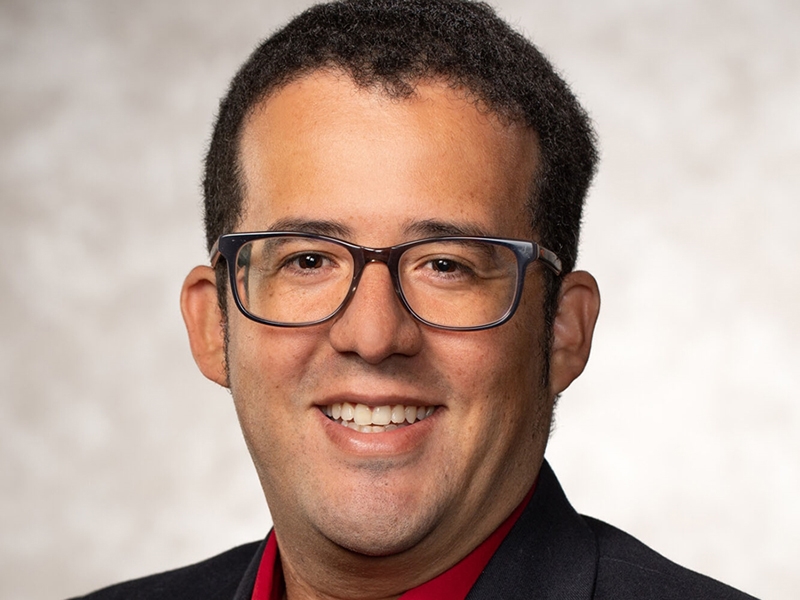Guillermo Pupo Pernet, a doctoral student in comparative literature and cultural studies, has reached a significant milestone by securing a place in the prestigious "Global Geographies of Knowledge: Creating, Representing, and Commodifying Ideas Across Early Modern Places (1400-1800)" program. This program, held at Saint Louis University from June 26 to July 21, delves into the fluid processes of encountering and transmitting ideas about people and objects in both physical and imaginary landscapes. It also explores the evolving nature of knowledge as a commodity in the pre-industrial era, shedding light on the multifaceted ways in which diverse societies made sense of the world and were influenced by the knowledge they created.
The program brings together faculty and advanced Ph.D. students from around the country, providing them with a remarkable opportunity to deepen their knowledge and research by employing critical spatial thinking in the humanities and social sciences. By applying these innovative methodologies to themes in world history and cultures of knowledge, participants will foster groundbreaking insights and expand the boundaries of their respective fields.
Over the course of four weeks, the program will delve into four key areas:
- New theoretical approaches to early modern sites and spaces of knowledge,
- The movement of knowledge and the agents involved in its circulation,
- Mapping knowledge and exploring its boundaries, and
- Examining the assimilation processes and conflicts associated with the commodification of knowledge in the past.
Under the guidance of Luis Fernando Restrepo, Linda Jones and Shawn Austin, Pupo Pernet's doctoral research primarily focuses on exploring the connection between text and image in colonial artifacts such as travel accounts, maps and illustrations. His investigation aims to uncover the intricate relationships between these media and their implications for our understanding of the 18th century (Louisiana and Venezuela).
Pupo Pernet's acceptance is a testament to his academic excellence and his passion for exploring pre-modern sources. By participating in this program, he will not only gain invaluable insights, but also establish connections with leading researchers in the field, further augmenting his contributions to colonial studies.
Topics
Contacts
Cheyenne Roy, assistant director, World Languages and Digital Humanities Studio
Department of World Languages, Literatures and Cultures
479-575-4159, ceroy@uark.edu
